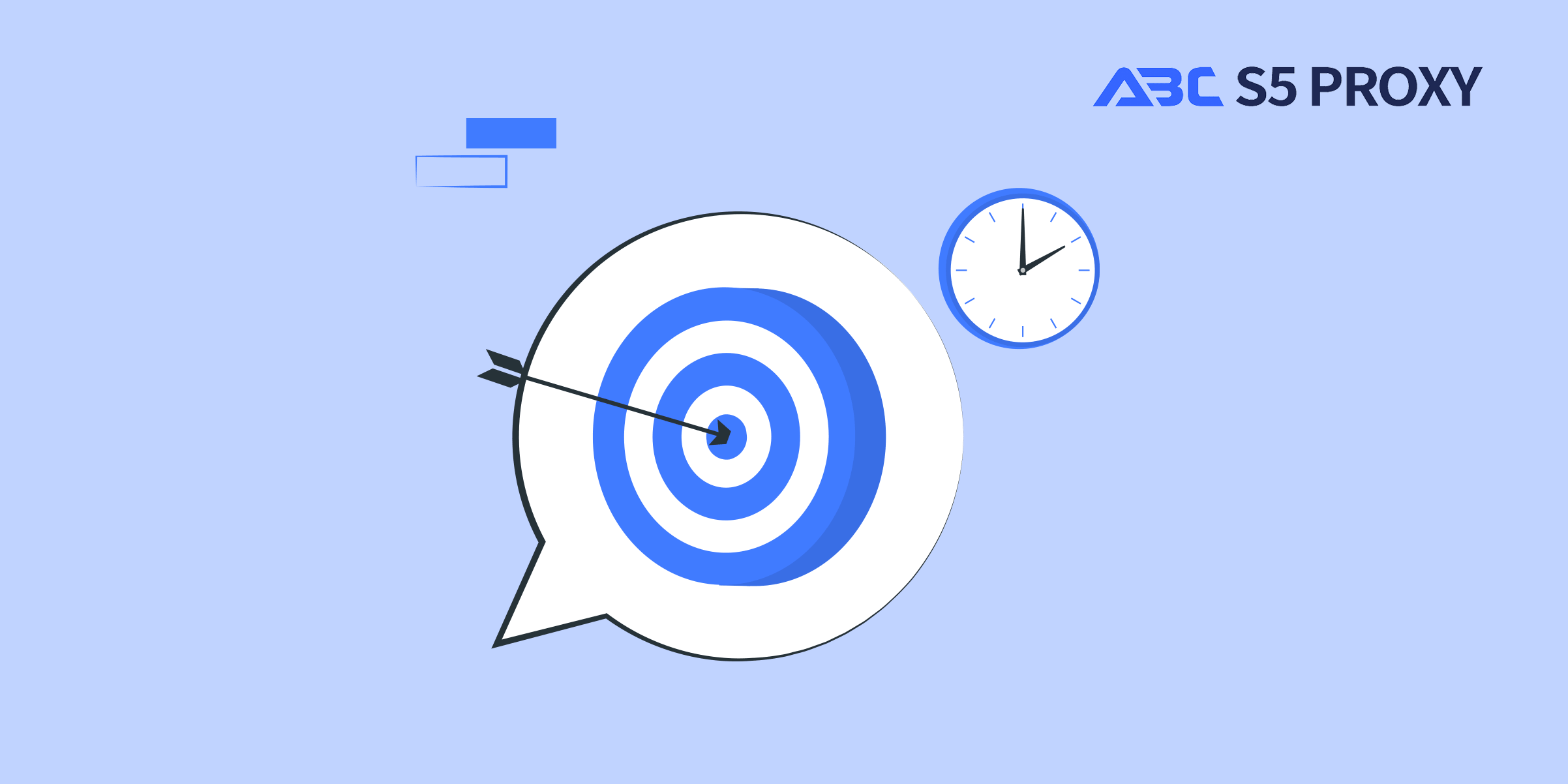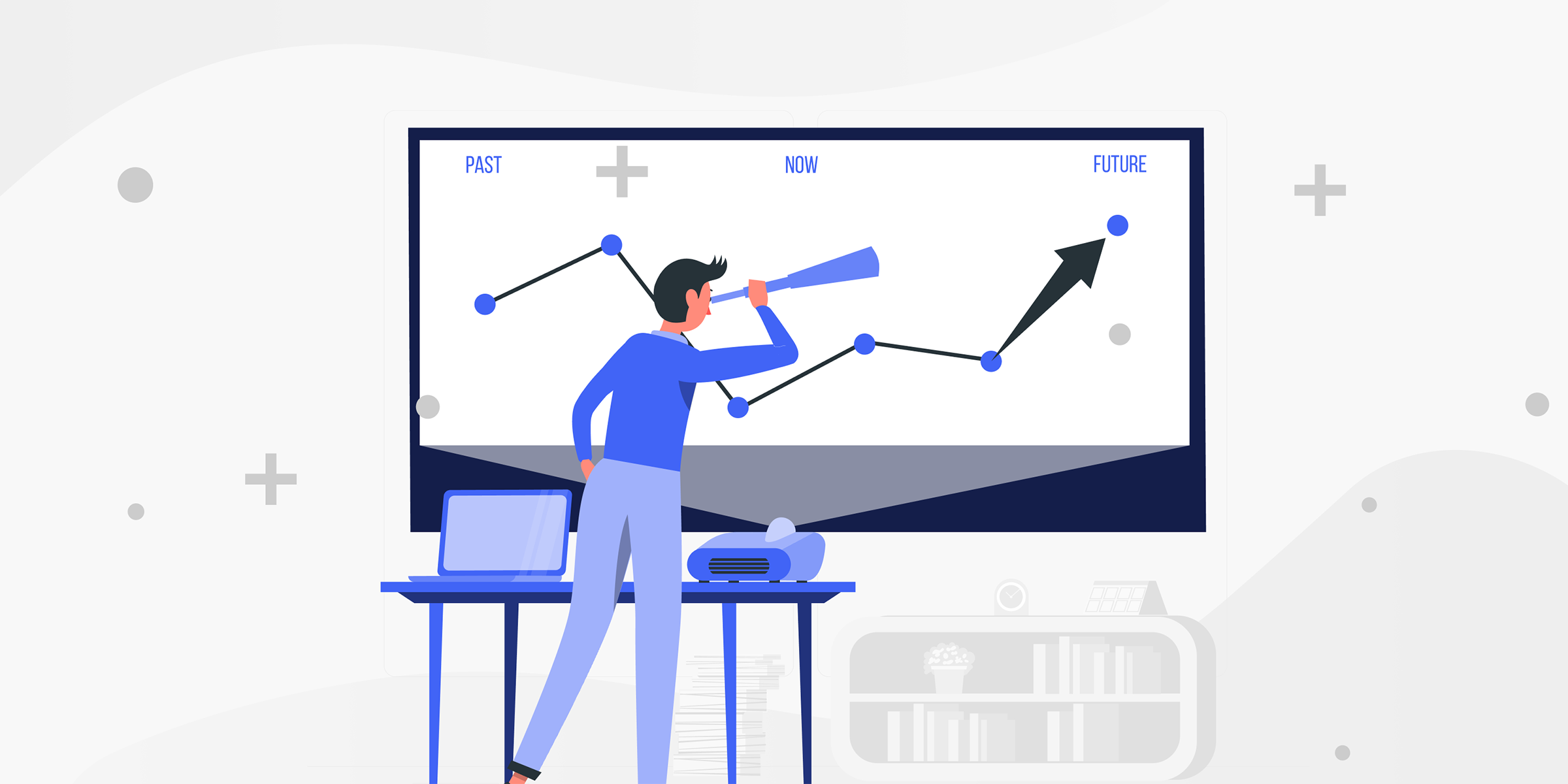Residential Proxies
Allowlisted 200M+ IPs from real ISP. Managed/obtained proxies via dashboard.

Proxies Services
Residential Proxies
Allowlisted 200M+ IPs from real ISP. Managed/obtained proxies via dashboard.
Residential (Socks5) Proxies
Over 200 million real IPs in 190+ locations,
Unlimited Residential Proxies
Unlimited use of IP and Traffic, AI Intelligent Rotating Residential Proxies
Static Residential proxies
Long-lasting dedicated proxy, non-rotating residential proxy
Dedicated Datacenter Proxies
Use stable, fast, and furious 700K+ datacenter IPs worldwide.
Mobile Proxies
Dive into a 10M+ ethically-sourced mobile lP pool with 160+ locations and 700+ ASNs.
Scrapers
Collection of public structured data from all websites
Proxies
Residential Proxies
Allowlisted 200M+ IPs from real ISP. Managed/obtained proxies via dashboard.
Starts from
$0.6/ GB
Residential (Socks5) Proxies
Over 200 million real IPs in 190+ locations,
Starts from
$0.03/ IP
Unlimited Residential Proxies
Unlimited use of IP and Traffic, AI Intelligent Rotating Residential Proxies
Starts from
$1816/ MONTH
Rotating ISP Proxies
ABCProxy's Rotating ISP Proxies guarantee long session time.
Starts from
$0.4/ GB
Static Residential proxies
Long-lasting dedicated proxy, non-rotating residential proxy
Starts from
$4.5/MONTH
Dedicated Datacenter Proxies
Use stable, fast, and furious 700K+ datacenter IPs worldwide.
Starts from
$4.5/MONTH
Mobile Proxies
Allowlisted 200M+ IPs from real ISP. Managed/obtained proxies via dashboard.
Starts from
$1.2/ GB
Scrapers
Web Unblocker
Simulate real user behavior to over-come anti-bot detection
Starts from
$1.2/GB
Serp API
Get real-time search engine data With SERP API
Starts from
$0.3/1K results
Scraping Browser
Scale scraping browsers with built-inunblocking and hosting
Starts from
$2.5/GB
Documentation
All features, parameters, and integration details, backed by code samples in every coding language.
TOOLS
Resources
Addons
ABCProxy Extension for Chrome
Free Chrome proxy manager extension that works with any proxy provider.
ABCProxy Extension for Firefox
Free Firefox proxy manager extension that works with any proxy provider.
Proxy Manager
Manage all proxies using APM interface
Proxy Checker
Free online proxy checker analyzing health, type, and country.
Proxies
AI Developmen
Acquire large-scale multimodal web data for machine learning
Sales & E-commerce
Collect pricing data on every product acrossthe web to get and maintain a competitive advantage
Threat Intelligence
Get real-time data and access multiple geo-locations around the world.
Copyright Infringement Monitoring
Find and gather all the evidence to stop copyright infringements.
Social Media for Marketing
Dominate your industry space on social media with smarter campaigns, anticipate the next big trends
Travel Fare Aggregation
Get real-time data and access multiple geo-locations around the world.
By Use Case
English
繁體中文
Русский
Indonesia
Português
Español
بالعربية

In the world of web crawling, HTTP proxies play a crucial role in ensuring the smooth and efficient operation of crawlers. They serve as intermediaries between the crawler and the target websites, facilitating the retrieval of data while maintaining anonymity and avoiding potential issues like IP blocking and rate limiting. In this article, we'll delve into the importance of HTTP proxies in crawler development, their benefits, and how to effectively integrate them into your crawling strategies.
An HTTP proxy is a server that sits between a client (in this case, a web crawler) and a web server. It acts as an intermediary, forwarding requests from the client to the server and then sending the server's responses back to the client. Proxies can be used for various purposes, including caching, load balancing, and anonymity. In the context of crawler development, proxies are primarily used to mask the crawler's IP address and prevent it from being blocked by target websites.
1.Anonymity and IP Masking: The most significant benefit of using HTTP proxies in crawler development is anonymity. By routing requests through proxies, crawlers can mask their true IP addresses, making it difficult for target websites to identify and block them. This is especially important when crawling large numbers of websites or websites with strict anti-scraping measures.
2.Bypassing IP Blocks and Bans: Many websites implement IP blocking mechanisms to prevent unauthorized access or to protect against web scraping. By using proxies, crawlers can bypass these blocks and continue accessing the target websites. Additionally, rotating proxies (changing the proxy IP address frequently) can further reduce the risk of being detected and banned.
3. Geographic Location Control: HTTP proxies can also be used to simulate requests from different geographic locations. This is particularly useful for crawlers that need to access location-specific content or test the performance of websites in different regions.
4. Increased Efficiency: Proxies can help improve the efficiency of crawlers by caching frequently accessed content and reducing the load on the target servers. This can speed up the crawling process and reduce the overall cost of data retrieval.
1.Selecting a Proxy Provider: Choose a reliable proxy provider that offers a wide range of IP addresses, high availability, and fast speeds. Look for providers that offer rotating proxies and support for multiple protocols, including HTTP and HTTPS.
2. Configuring the Crawler: Modify your crawler's configuration to use the selected proxy provider. This typically involves setting up the proxy server's IP address, port, and authentication details (if required).
3. Testing and Optimization: Once the proxy is integrated, test the crawler to ensure that it's functioning correctly and that the proxy is effectively masking the crawler's IP address. Optimize the proxy settings as needed to improve performance and reduce the risk of being detected.
4. Monitoring and Maintenance: Regularly monitor the performance of your crawler and the proxy provider to ensure that everything is running smoothly. Keep an eye out for any changes in the target websites' anti-scraping measures and adjust your crawling strategies accordingly.
In conclusion, HTTP proxies are an essential tool for crawler development. They provide anonymity, help bypass IP blocks and bans, enable geographic location control, and improve the efficiency of crawling operations. By integrating proxies into your crawling strategies, you can effectively gather data from a wide range of websites while minimizing the risk of being detected and blocked. However, it's important to choose a reliable proxy provider and regularly monitor and optimize your crawling processes to ensure that everything is running smoothly.
Featured Posts
Popular Products
Residential Proxies
Allowlisted 200M+ IPs from real ISP. Managed/obtained proxies via dashboard.
Residential (Socks5) Proxies
Over 200 million real IPs in 190+ locations,
Unlimited Residential Proxies
Use stable, fast, and furious 700K+ datacenter IPs worldwide.
Rotating ISP Proxies
ABCProxy's Rotating ISP Proxies guarantee long session time.
Residential (Socks5) Proxies
Long-lasting dedicated proxy, non-rotating residential proxy
Dedicated Datacenter Proxies
Use stable, fast, and furious 700K+ datacenter IPs worldwide.
Web Unblocker
View content as a real user with the help of ABC proxy's dynamic fingerprinting technology.
Related articles

Unlock the Best Proxies for Enhanced Performance on Yahoo Apps
Looking for the best proxies for Yahoo apps? Discover top proxy solutions to enhance your Yahoo app usage. Optimize your privacy and access with reliable proxies.

Scraping Jobs from the Internet: A Comprehensive Guide
Looking to scrape jobs from the internet? Learn how to efficiently gather job listings online. Find out how to automate job searching easily.

Unlocking Hidden Gems: Phone Number Scraping on Craigslist Revealed
Looking to scrape Craigslist for phone numbers? Learn how to efficiently extract contact information from Craigslist listings with this comprehensive guide. Maximize your outreach and save time by accessing phone numbers directly through web scraping techniques. Get started today!